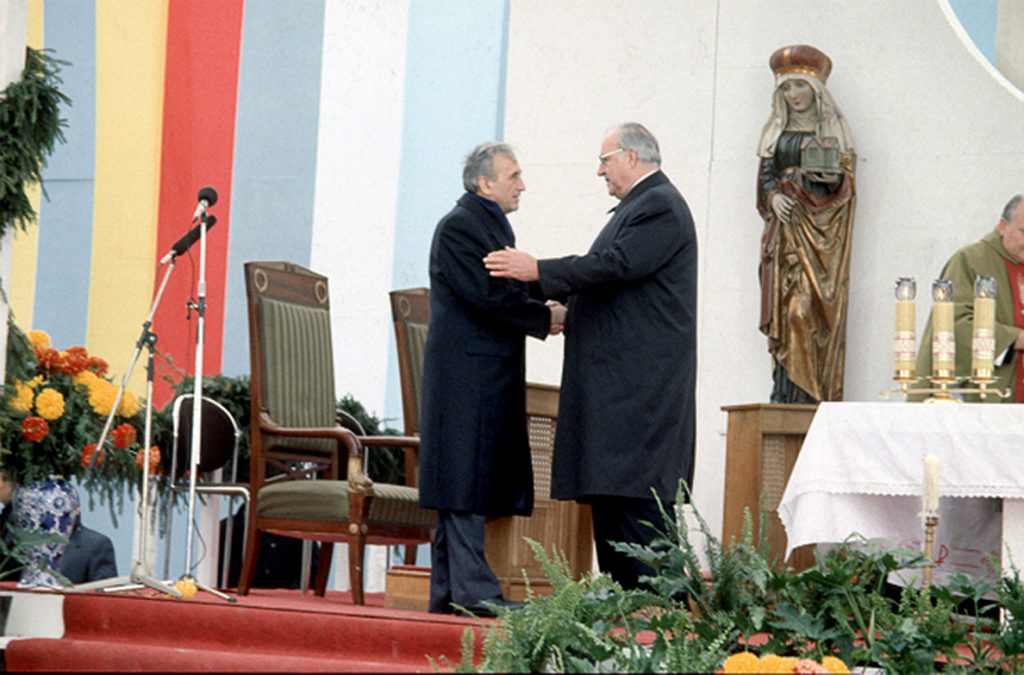Addressing a message of forgiveness to the Germans, the Polish bishops transgressed into the realm of foreign policy. One of the most important issues related to international security in Europe post 1945 was the final settlement of the Polish–German border. The route to this political decision was the process of reconciliation, which led to a change in mutual perceptions, mutual respect, acceptance of the border, and at long last creation of multilevel cooperation between the two countries.
The letter of the Polish bishops to the German bishops influenced all these spheres. Already in 1967, the majority of Germans stated they accepted the Polish–German border. In 1968 in response to the Polish Letter, a group of German Catholics published an appeal to the German government for full normalisation of relations with Poland (the so-called Bensberg Memorandum). Many scholars note that without the Letter from the Polish bishops it would have been significantly more difficult to have implemented Will Brandt’s Ostpolitik. The Chancellor himself is said to have stated: “Dialogue between the Churches and their believers preceded the political discussions”. The following should be considered direct results of the Letter: Chancellor Brandt’s visit to Poland in 1970 and the Polish–West German accord on normalising relations; the extraordinary help offered to Polish society by Catholic parishes and Protestant communities during the period of martial law (1981–1983); and ultimately the signing of treaties concerning the border (1990) and concerning good neighbourliness and friendly cooperation (1991) and later joint creation of the European Union.

